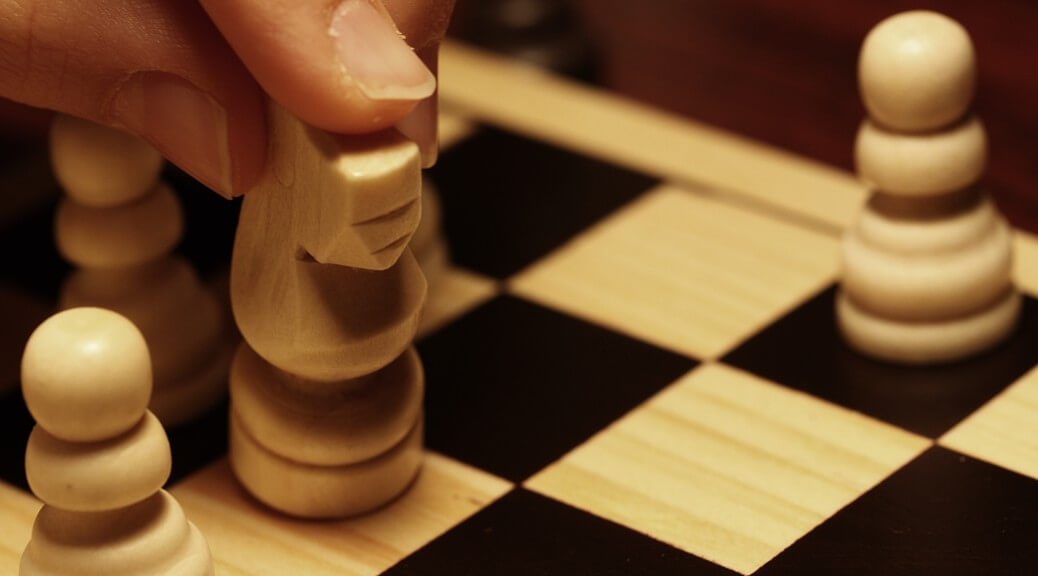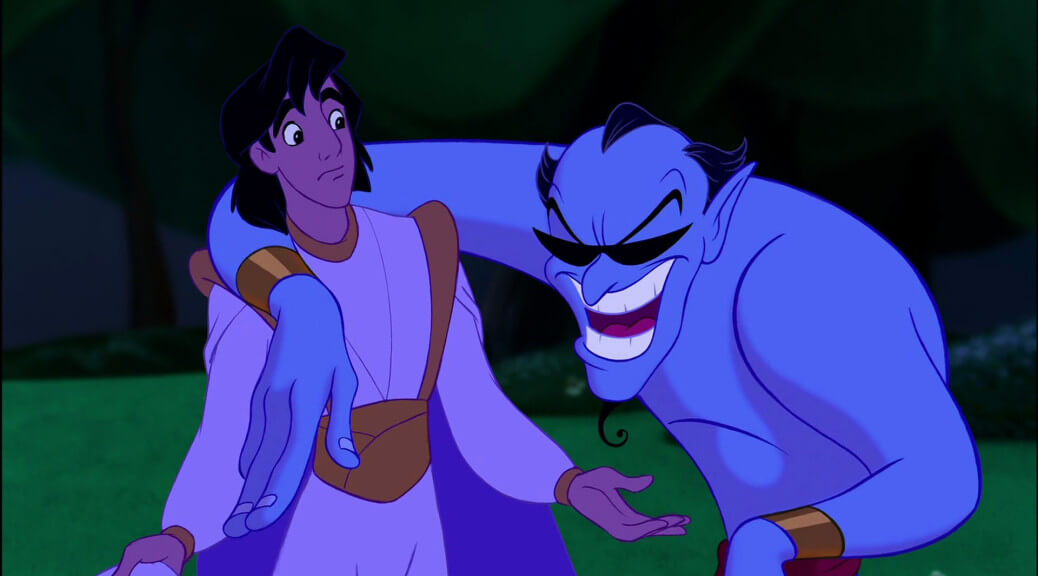
I shared Jeffrey Tucker’s article about Hillary Clinton, and pulled out this quote:
Meanwhile, Hillary’s actual policies on women are a disaster waiting to happen. Consider her support for “equal pay for equal work.” What effect will this have on women in the workforce? It not only puts government in charge of micromanaging every aspect of payroll and personnel of every business in America. It also incentivizes managers to keep women in lower positions in a firm in order to comply with the wage mandates, and disincentivizes advancing women up the ladder by making the costs of ascending too high. The result will be the very “glass ceiling” that mainstream feminism abhors.
An intelligent friend, who shall remain nameless, replied:
I feel like this runs on the same logic that if you raise minimum wage to a livable wage, jobs will be destroyed and small business will crumble, when in fact the opposite has been shown to be true.
Now, this friend is not an economist. What I suspect is that the news sources he typically reads report heavily on the few studies that show positive employment effects of minimum wage increases, and ignore the rest of the literature. This isn’t exclusively the territory of the left, I’m sure people who read only right-wing or libertarian news sources overestimate the disemployment effects in the other direction.
But look at the conclusion he drew! Since he got the false impression that raising the minimum wage has positive employment effects, he concluded that there is essentially no tradeoff in government artificially boosting any wage; in this case the wages of half (!) the population. But given the initial error, this extreme conclusion naturally follows. (more…)
The post It All Comes Back to the Minimum Wage Debate appeared first on The Economics Detective.

